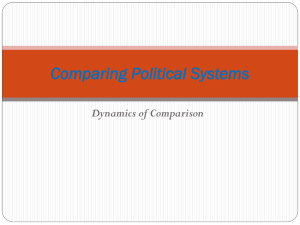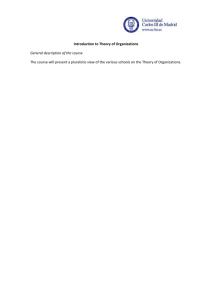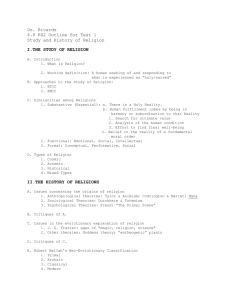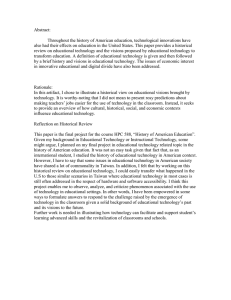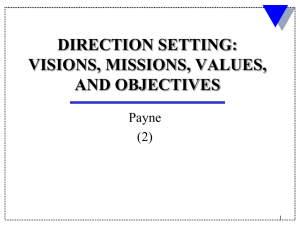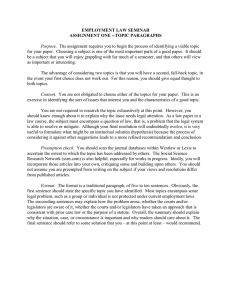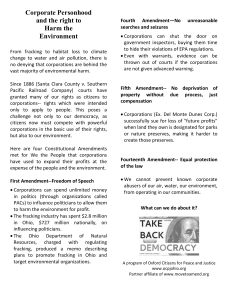Citation: Harper Ho, Virginia E., Theories of Corporate Groups
advertisement
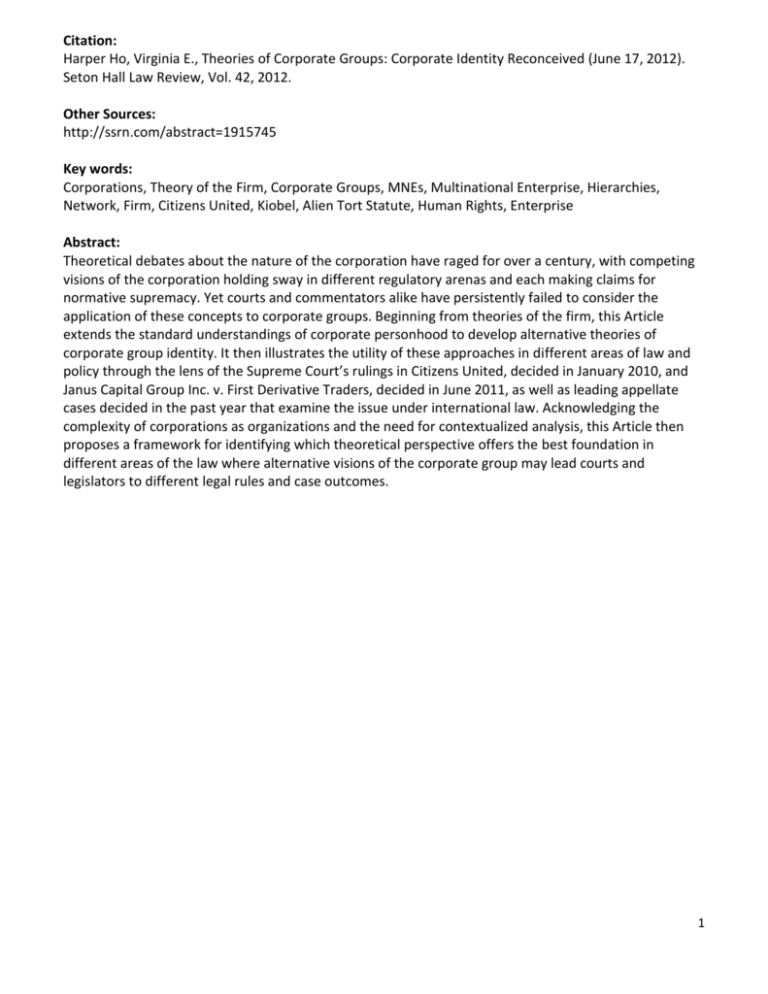
Citation: Harper Ho, Virginia E., Theories of Corporate Groups: Corporate Identity Reconceived (June 17, 2012). Seton Hall Law Review, Vol. 42, 2012. Other Sources: http://ssrn.com/abstract=1915745 Key words: Corporations, Theory of the Firm, Corporate Groups, MNEs, Multinational Enterprise, Hierarchies, Network, Firm, Citizens United, Kiobel, Alien Tort Statute, Human Rights, Enterprise Abstract: Theoretical debates about the nature of the corporation have raged for over a century, with competing visions of the corporation holding sway in different regulatory arenas and each making claims for normative supremacy. Yet courts and commentators alike have persistently failed to consider the application of these concepts to corporate groups. Beginning from theories of the firm, this Article extends the standard understandings of corporate personhood to develop alternative theories of corporate group identity. It then illustrates the utility of these approaches in different areas of law and policy through the lens of the Supreme Court’s rulings in Citizens United, decided in January 2010, and Janus Capital Group Inc. v. First Derivative Traders, decided in June 2011, as well as leading appellate cases decided in the past year that examine the issue under international law. Acknowledging the complexity of corporations as organizations and the need for contextualized analysis, this Article then proposes a framework for identifying which theoretical perspective offers the best foundation in different areas of the law where alternative visions of the corporate group may lead courts and legislators to different legal rules and case outcomes. 1

